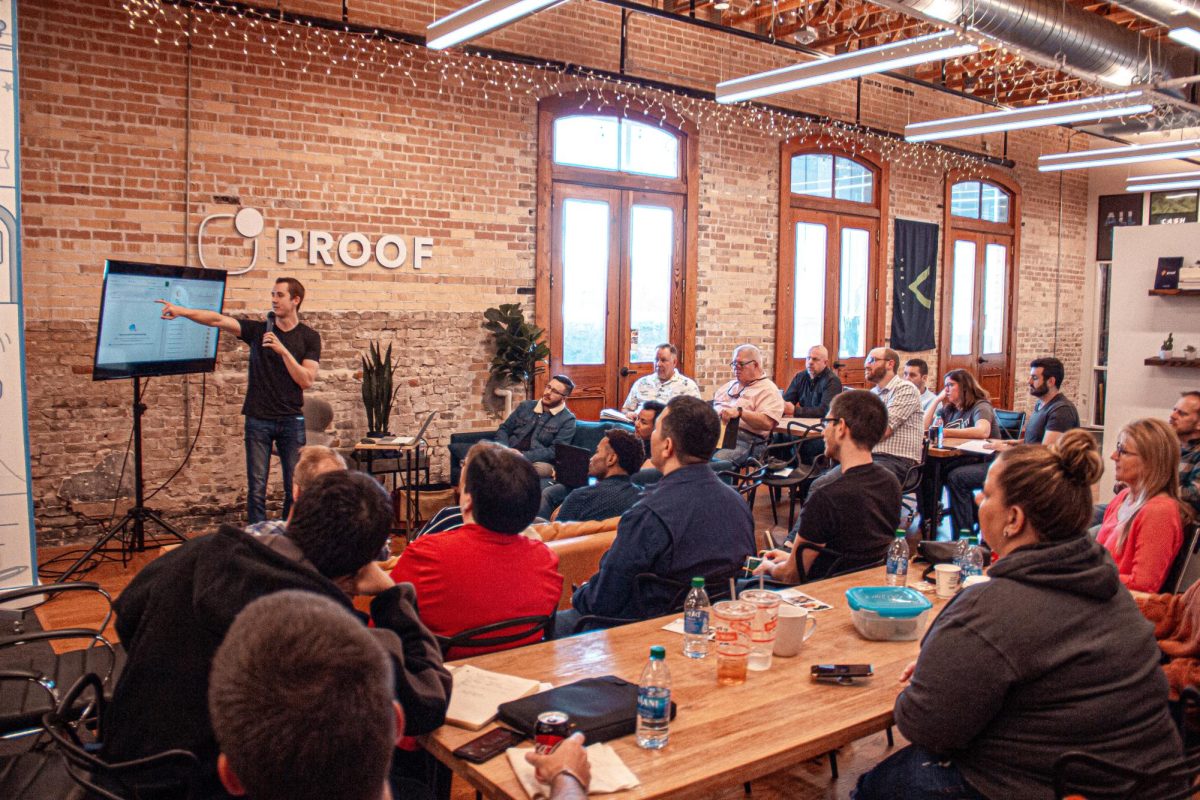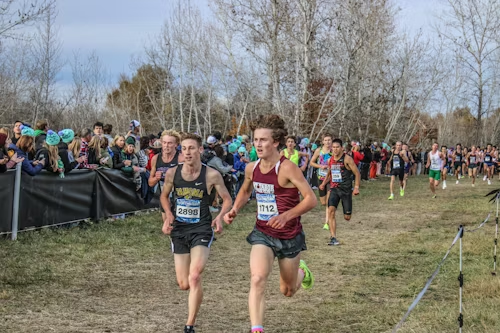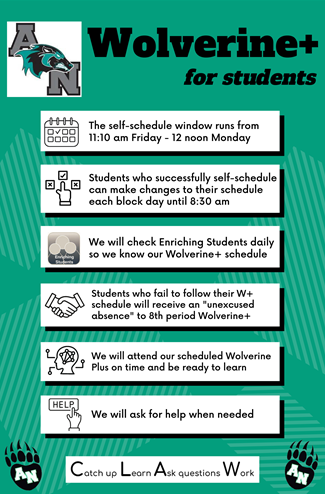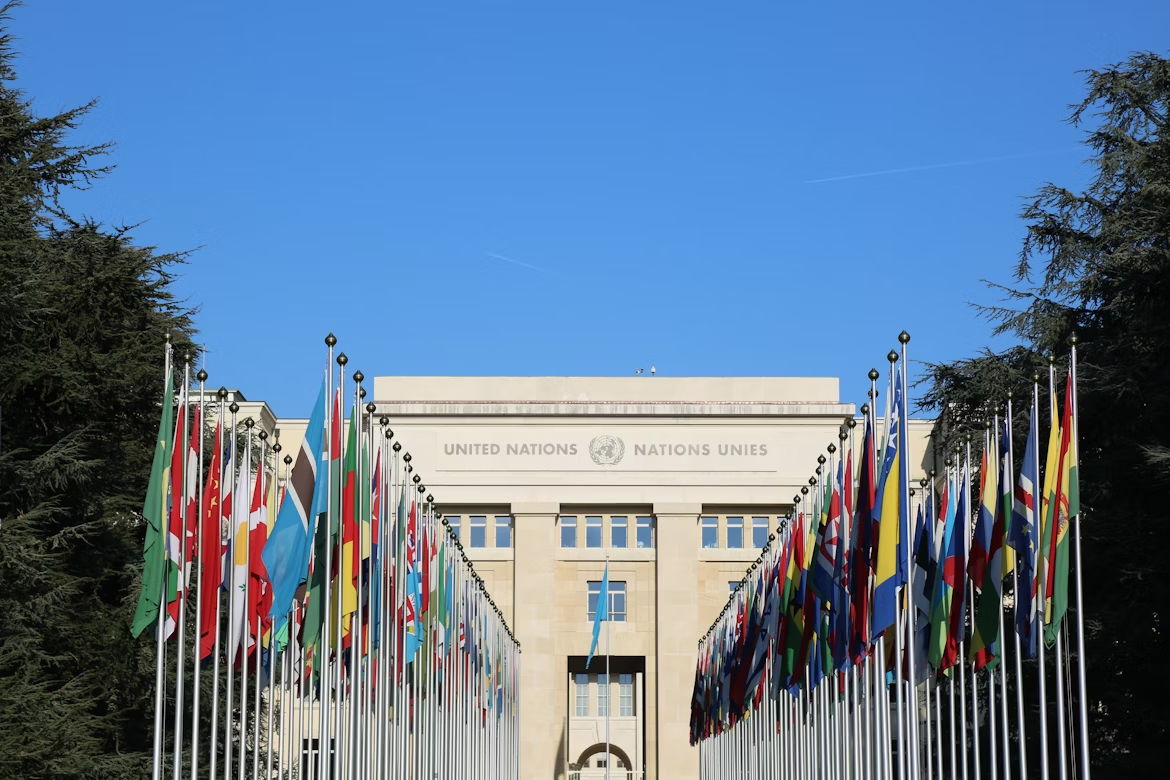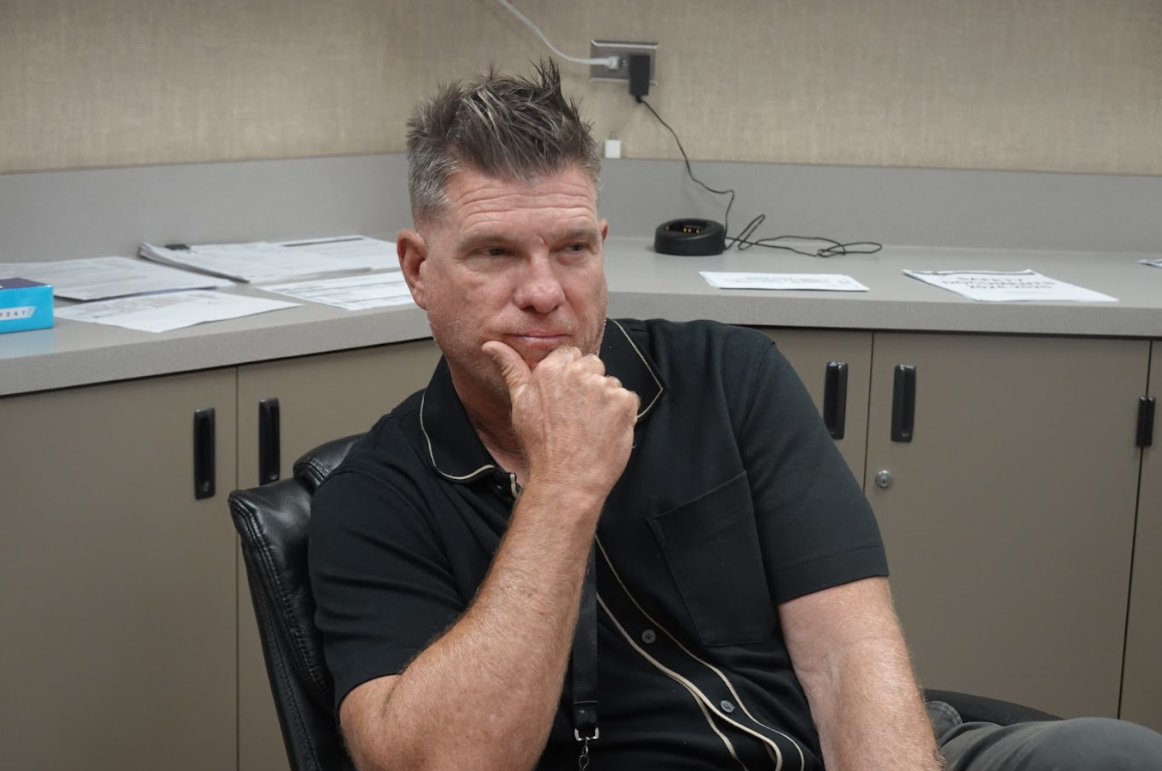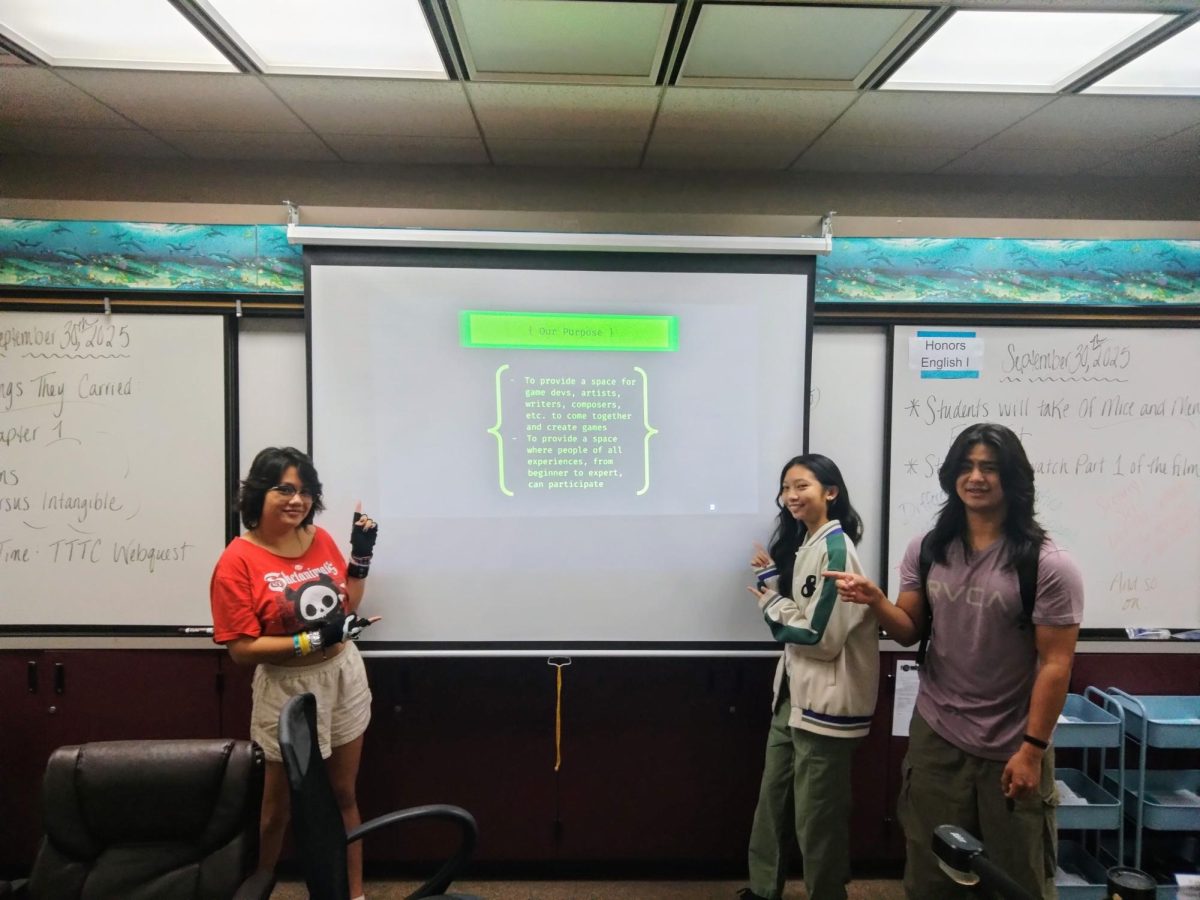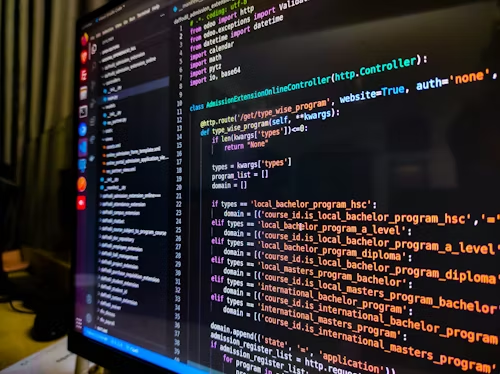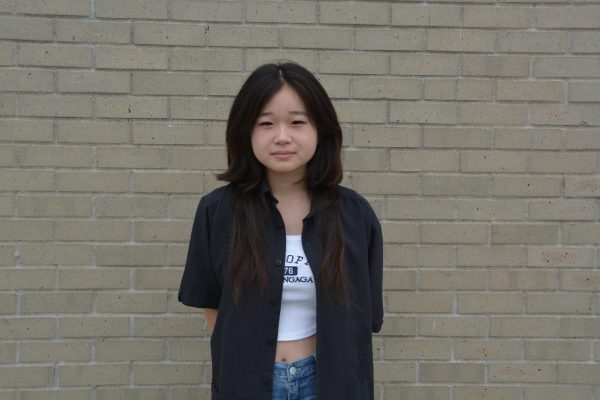On Nov. 15, Aliso Niguel High School hosted a teacher training session to identify explicit and implicit biases on the school campus with the help of Anti-Defamation League trainers.
During the training, teachers were presented with a presentation from the ADL that informed them what explicit and implicit biases were and how they can be displayed by students and staff. The crucial understanding is to allow teachers to know how to identify and de-escalate situations according to the ADL.
One of the main approaches taught was the “Zero Indifference: 3-2-1 Approach.” Each number of the approach represents what a teacher should do not to be biased; three things to avoid are ignoring the incident, excusing it, and being immobilized by fear or uncertainty. Two things to always do is to stop bad behavior immediately and educate those involved, and one thing to decide is when and how to educate.
“I think I speak for many teachers when we still need more help navigating difficult situations on campus. For example, when people yell slurs or tell hateful jokes, we know we need to do something, but it’s hard to know exactly what to do or say. We want to ensure we do and say the right thing to have the best possible outcome for students, but sometimes, we’re only human and don’t know what that is. Going forward, I hope we can get more training in this area,” said Kelsey A. Torres, an Aliso Niguel High School English teacher.
Many teachers who voluntarily attended the training believed they needed to learn from ADL as it is hard to know what to do in an uncomfortable situation. This has been the complaint for teachers and students, and this ADL training was also partly organized by a student body club named No Place For Hate at ANHS.
“[H]aving the training is a way for [teachers] to equip themselves with the tools to be able to de-escalate scenarios, discourage discrimination, and foster a safe learning environment. The training is also a way to involve staff in shaping a positive school culture; change will only happen when all groups on campus are involved in this effort together,” said Lorenzo Gan (12), a Co-President of No Place For Hate.
No Place For Hate believes that if teachers and students understand how to handle difficult situations, it fosters an inclusive and hate-free environment for the school; hence the purpose of their teacher training.
“I think the NPFH kids are doing a fantastic job of bringing new ideas and activities. The leadership team is working on a training program for other students to teach them how to stand up for each other and report hate incidents. Right now, I think that’s a great idea to focus their energy and attention on,” said Torres, the advisor for No Place For Hate.
With the help of NPFH, teachers have seen improvement around the school. The efforts put in are noticed and appreciated by teachers, and many hope to see more in the future.
No Place For Hate hopes to expand this knowledge to more teachers and students through future activities and plans to promote an inclusive and accepting environment wherever they go.
